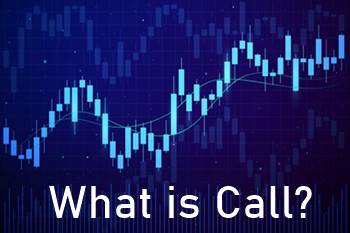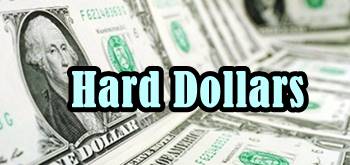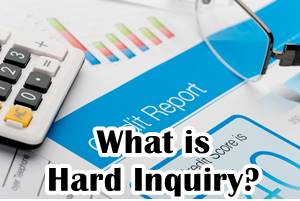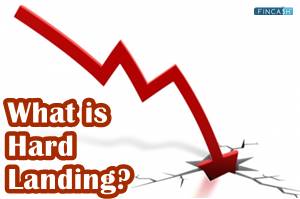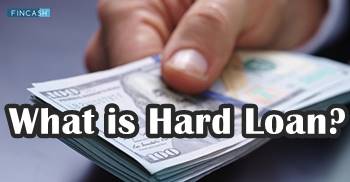Hard Call Protection
What is Hard Call Protection?
Hard Call protection, also known as absolute call protection, is one provision in the Callable Bond where the issuer doesn’t have the right to exercise the call and redeem the bond before the said date, which is generally 3-5 years from the issuance date.

Investors who buy Bonds get interest for the duration wherein the bond is held. Upon maturity, the bondholder is repaid the principal value equal to the bond’s Face Value. Basically, bond prices and interest rates have an inverse relationship.
This means, when the price falls, returns increase and vice versa. Although most of the bondholders prefer Investing in bonds that have higher rates as they fetch them high-interest Income payments, issuers sell bonds that have lower rates to decrease the cost of borrowing.
Hence, when the interest rate declines, issuers retire the existing bonds before their maturity period and refinance their debt at the lower interest that is reflected in the Economy. Bonds that have been repaid before to maturity stop paying interest, compelling investors to look for interest income in some of the other investments, generally at the lower interest rate.
Explaining Hard Call Protection
To safeguard the callable bondholders from getting their bonds repaid early, most of the trust indentures comprise hard call protection. In simple words, hard call protection is the time period wherein the issuer is not allowed to call bonds.
Usually, municipal bonds and callable corporate have call protection of up to 10 years, and the utility debt protection is approximately 5 years. For instance, let’s consider a bond that is issued with a maturity period of 15 years and call protection of 5 years.
This will mean that for the initial 5 years of the bond, irrespective of the interest rate movements, the bond issuer will not be able to redeem their bond by repaying the principal balance. This way, the hard call protection offers a guarantee to the investor that he will receive the said return for 5 years before the bond gets free to be called.
Talk to our investment specialist
Since the investor is taking the risk of calling the bond before maturity, brokers will generally offer yield-to-maturity and yield-to-hard call figures when the callable bond is purchased. An investor must base his decisions on the one that is lower out of these two yields, which usually is the yield-to-hard call.
Once the hard call protection period expires, the bond can continue to be partially protected through soft call protection. However, this feature needs specific conditions to be met before the bond gets called.
All efforts have been made to ensure the information provided here is accurate. However, no guarantees are made regarding correctness of data. Please verify with scheme information document before making any investment.
